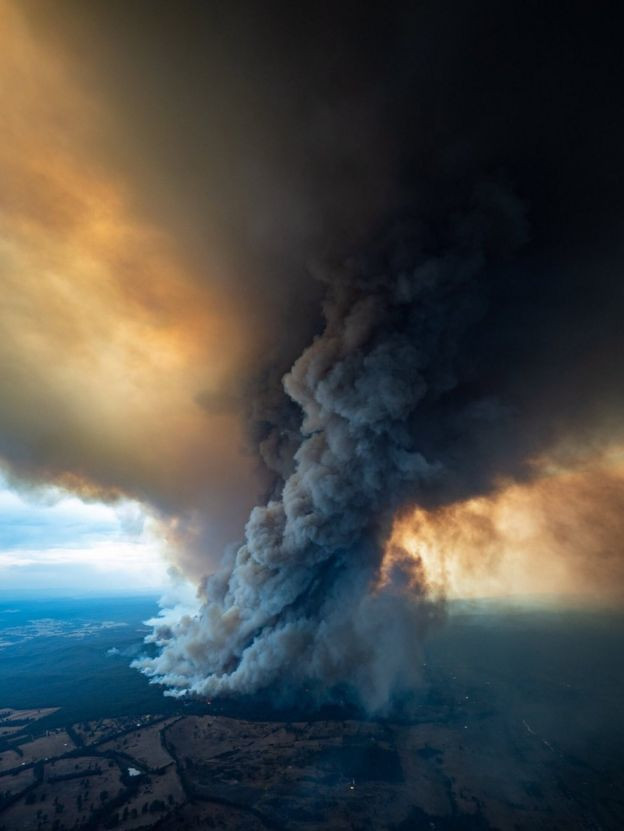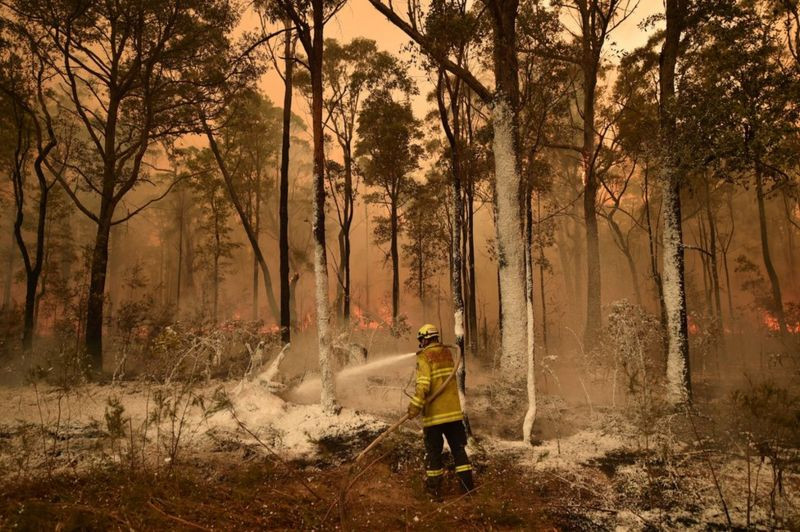The Scars Remain: Assessing the Impact of Australia's Devastating Bushfires
The 2023-2024 Australian bushfire season left an indelible mark on the nation, leaving a trail of destruction across vast landscapes. Homes were reduced to ashes, wildlife populations decimated, and communities shattered. The scale of the disaster was unprecedented, surpassing even the devastating Black Saturday fires of 2009 in terms of area burned. The sheer intensity and speed of the flames made containment exceptionally difficult, leaving firefighters battling infernos across multiple fronts. This wasn’t just a natural disaster; it highlighted the increasing threat posed by climate change.
The Human Toll: Stories of Loss and Resilience
Beyond the statistics of hectares burned and property destroyed lie the countless human stories of loss and resilience. Thousands were displaced from their homes, forced to flee with nothing but the clothes on their backs. Many lost loved ones, their lives forever changed by the tragedy. However, amidst the devastation, there were remarkable displays of community spirit. Neighbours helped neighbours, strangers became rescuers, and the collective grief fuelled a determination to rebuild. Stories of courage and compassion emerged from the ashes, proving that the human spirit can endure even in the face of unimaginable adversity. The recovery process is long and arduous but the resilience of the Australian people is clearly evident.
Economic Devastation: A Blow to the Australian Economy
The bushfires had a profound impact on Australia's economy. Businesses were destroyed, tourism plummeted, and the agricultural sector suffered immensely. The cost of rebuilding infrastructure and providing disaster relief will be enormous, placing a strain on the nation's resources. The Australian government and various international organizations are investing significant resources into the recovery effort, with the rebuilding process requiring sustained economic investment. The long-term economic consequences of the bushfires will be felt for years to come. The full extent of this financial toll is still being assessed, but it will undoubtedly be substantial. It's a sobering reminder of the financial burden of such natural disasters.
Environmental Catastrophe: The Impact on Wildlife and Ecosystems
The bushfires were an environmental catastrophe, leaving an irreplaceable mark on Australia’s unique biodiversity. Millions of animals perished in the flames, including iconic species like koalas, kangaroos, and wombats. The loss of habitat has long-term repercussions for wildlife populations, with many species facing extinction. The destruction of forests and ecosystems is a stark reminder of the interconnectedness of the environment, and the fragility of the planet. It also serves as a wake-up call to address the underlying causes of such catastrophic events.
The Role of Climate Change: A Critical Factor
Scientists have linked the severity and frequency of Australian bushfires to climate change. Rising temperatures, prolonged droughts, and increasingly erratic weather patterns create a volatile environment conducive to wildfires. The prolonged heatwave leading up to the fires is a clear indication of changing climate patterns, exacerbating an already dangerous situation. The scientific consensus overwhelmingly points towards a relationship between climate change and the increased intensity of these wildfires. This underscores the urgent need for climate action to mitigate the risks and protect communities. The destruction caused highlights the impact of global warming. Australia’s commitment to the Paris Agreement is pivotal.
A Nation's Response: From Relief to Recovery and Beyond
The response to the bushfires demonstrated the strength and resilience of the Australian people and the international community. Governments, charities, and individuals from around the world mobilized to provide aid and support. The Red Cross played a crucial role in providing emergency relief, aiding in the recovery process, and offering support services to affected communities. The outpouring of support illustrates the shared responsibility in handling global crises. The long road to recovery is just beginning, and Continued support is crucial. The fires serve as a stark reminder of the necessity for national and international collaboration during times of crisis. The resilience shown by Australians in the wake of the disaster is a testament to the spirit of this nation. The commitment to rebuilding is crucial, alongside the need to address climate change. This is not merely about restoring what was lost but about creating a more resilient future for all Australians.


















